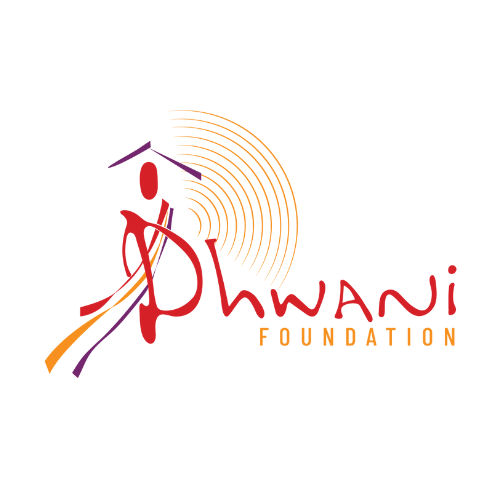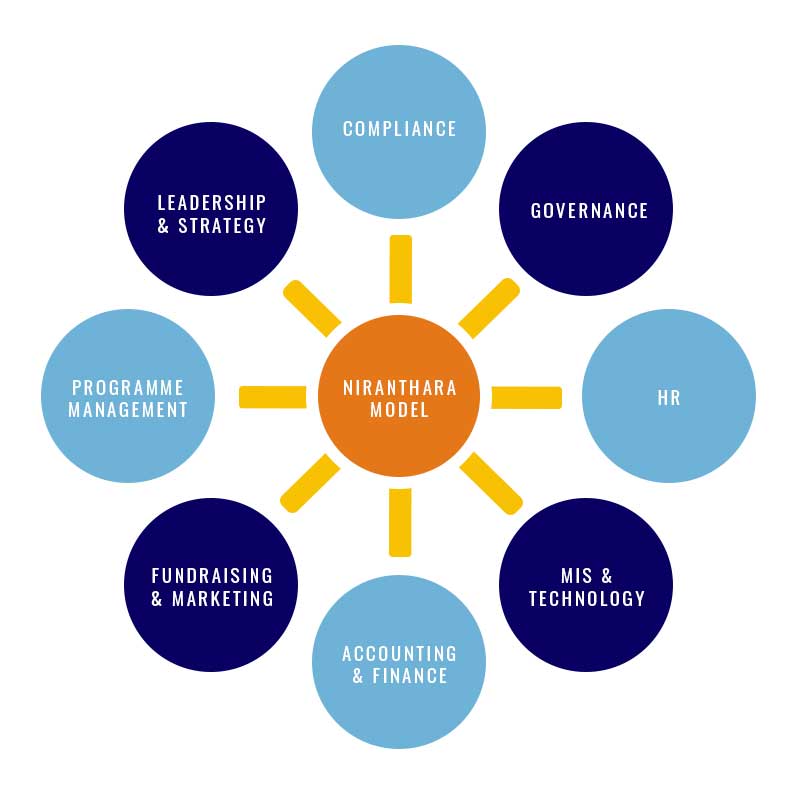The non-profit sector in India has been growing consistently over the past decade. However, with growth come new challenges, which need to be addressed to ensure the efficient functioning and delivery of the non-profits.
Some of the biggest challenges that small and rural NGOs face today are capacity building and organisation development, establishing trust and accountability with external stakeholders and keeping abreast with evolving donor expectations.
Working with the social sector for over a decade helped us realise that capacity building is an on-going process, requiring patience, persistence, and strategic effort. We surveyed over 100 NGO decision makers, donors, government agencies and beneficiaries on their definition and constituents of a good NGO, resulting in the Niranthara model, covering eight key non-domain areas for effective NGO functioning.

